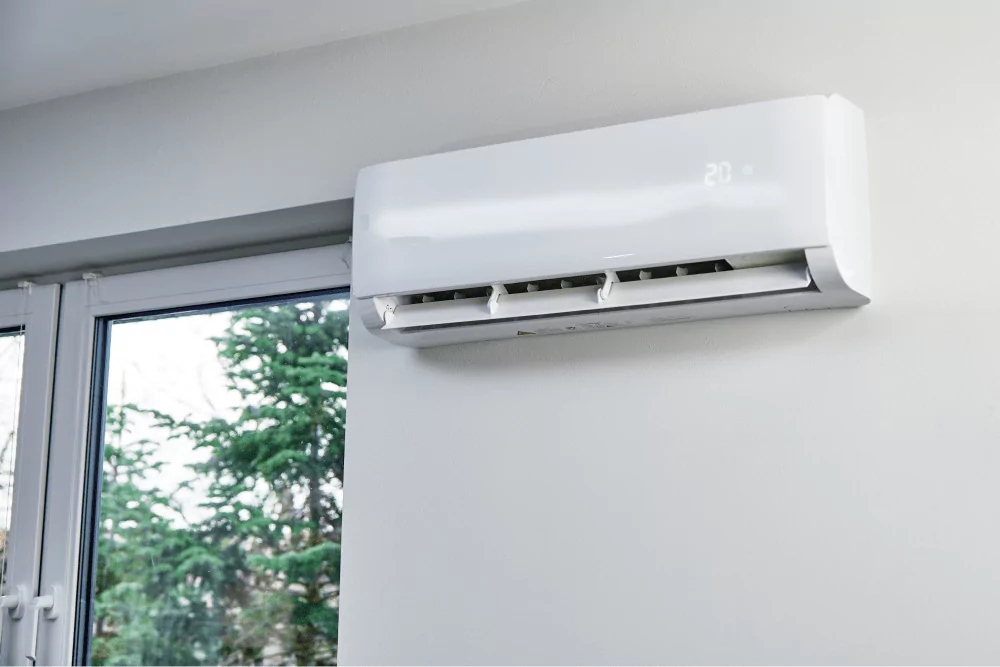
In the quest for more energy-efficient and eco-friendly home cooling solutions, ductless air conditioning systems are gaining popularity. Unlike traditional central air systems, ductless AC units offer a range of environmental benefits that make them an attractive option for homeowners looking to reduce their carbon footprint. Here’s a closer look at how ductless AC systems contribute to environmental sustainability.
Enhanced Energy Efficiency
Ductless AC systems are known for their high energy efficiency. Traditional central air systems often lose energy through ductwork leaks and inefficiencies. In contrast, ductless systems, also known as mini-split systems, deliver air directly into individual rooms without the need for ductwork. This direct delivery reduces energy loss and ensures that cooling is distributed more effectively, leading to lower energy consumption.
Lower Greenhouse Gas Emissions
By improving energy efficiency, ductless AC systems help to lower greenhouse gas emissions. Traditional HVAC systems can contribute to higher emissions due to energy loss and inefficient operation. Ductless systems, with their precise temperature control and energy-efficient operation, help to minimize the amount of energy required to cool your home, thus reducing your overall carbon footprint.
Zone-Based Cooling
One of the significant advantages of ductless systems is their ability to provide zone-based cooling. Each indoor unit can be controlled independently, allowing you to cool only the rooms that are in use. This feature prevents energy waste associated with cooling unused spaces and helps to optimize overall energy consumption. By targeting specific areas of your home, ductless systems contribute to more efficient energy use and reduced environmental impact.
Reduced Refrigerant Use
Ductless AC systems often use more environmentally friendly refrigerants compared to older central systems. Many modern ductless systems utilize refrigerants with lower global warming potential (GWP), which helps to minimize their impact on the environment. Additionally, because ductless systems have a more controlled refrigerant cycle, there is less chance of refrigerant leakage compared to traditional systems, further reducing environmental risks.
Less Construction Waste
Installing a ductless AC system typically requires less construction work compared to traditional central systems. There’s no need to install extensive ductwork, which can generate construction waste. The minimal installation process of ductless systems not only reduces waste but also simplifies the installation process, making it a more eco-friendly option.
Longevity and Reliability
Ductless systems are designed to be durable and reliable. With fewer components subject to wear and tear compared to traditional central systems, ductless units often have a longer lifespan. This longevity means that fewer replacements and repairs are needed over time, which reduces the environmental impact associated with manufacturing, transporting, and disposing of HVAC equipment.
Conclusion
Ductless air conditioning systems offer several environmental benefits, including improved energy efficiency, reduced greenhouse gas emissions, and lower refrigerant impact. Their ability to provide zone-based cooling, along with reduced construction waste and greater longevity, makes them a sustainable choice for homeowners seeking to minimize their environmental footprint. If you’re considering upgrading your cooling system, a ductless AC system could be a smart choice for both your home and the planet. For more information on how to make the switch or to explore other energy-efficient options, contact a trusted HVAC professional today.